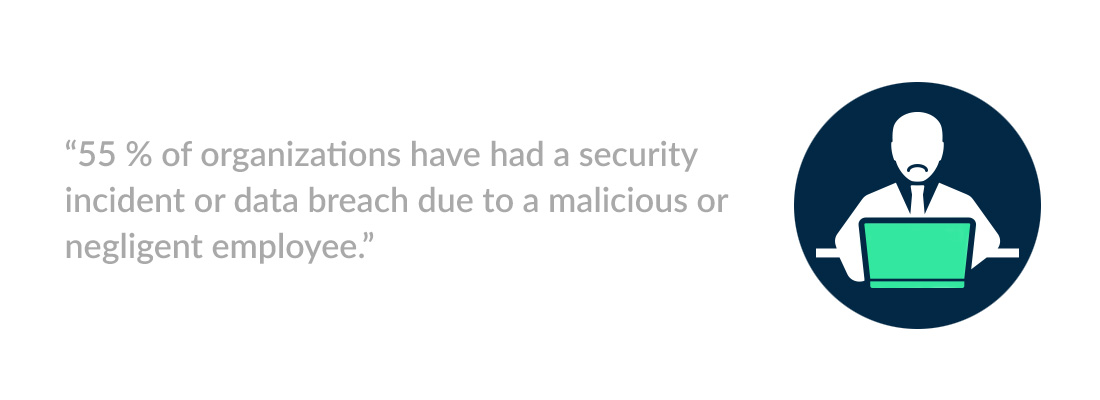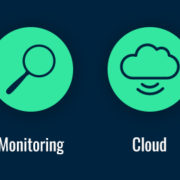5 Foreboding Reasons You Need a Disaster Recovery Plan
Disasters happen. The sheer scope of potential disasters is enough to send any company’s leadership into worrying fits. In spite of this, companies often overlook the importance of developing an extensive, tested disaster recovery plan to prepare for the inevitable.
Waiting until disaster strikes to deal with the fallout generally doesn’t end well. There are countless reasons why developing and implementing a disaster recovery plan before things go wrong is the right move for your company.
Here are our top five.
Mother Nature is Unpredictable
We don’t have to tell you that. Chances are, if you leave your house more than twice a year you’re already aware that Mother Nature does what she wants, when she wants. With so much technological convenience and urban infrastructure around us, it can be tempting to ignore nature’s potential threats.
However, the threats are real, and recent history has shown they can have huge financial impacts on businesses.
Whether winter storms, hurricanes, floods, tornadoes, or any of the multitude of natural disasters that hit every year, Mother Nature brings with her a smorgasbord of ways to bring your business operation to its knees.
By developing a disaster recovery plan that takes into account the multiple regional and natural threats to your business, you instantly limit the amount of potential harm they can cause.
Humans and Machines Malfunction
Humans make mistakes. Machines malfunction. While you probably can’t avoid these mistakes and malfunctions in every scenario, you can develop an organized and specialized approach to dealing with them when they occur.
How will you respond when servers and communications systems go down? What happens if an employee falls victim to a phishing email and unleashes malware or ransomware into your system? A good disaster recovery plan takes these very plausible scenarios into account. It provides a step-by-step process for dealing with them.
In fact, the process of developing a recovery plan can even lead to seeking out new solutions – like cloud services and security management services – to minimize the chance of falling prey to these problems in the first place.
Related: 4 Signs Your Business Needs Managed Services
Poor Response Damages Reputation
Customers notice when you’re not prepared for problems. And, like it or not, many customers expect perfection. Downtime alone can cause a loss of confidence from your client base.
But when a disaster happens and your company is unprepared, it can alienate customers to extreme degrees. Many of these customers may choose not to do business with your company again.
But it doesn’t have to be that way.
Creating protocols to get your business back online is only a part of good disaster recovery. A thorough disaster recovery plan includes actionable details such as which employees will be responsible for customer communication, and what channels will be used to communicate.
This ensures a smooth response to disasters that gives customers maximum assurance that your company is capable of continuing to meet their needs.
Downtime Destroys Financial Stability
Downtime does more than damage your reputation. It can also destabilize your finances.
Waiting until a disaster event occurs to determine your response extends downtime and increases the costs. The right plan will cover the bases and determine the technologies you need to minimize downtime and minimize losses in the process. It helps get your business back online and back to serving your customers ASAP.
Failing to Plan is Planning to Fail
You probably don’t approach a single aspect of your business without a strategic plan for success. So why would you handle your response to potential disasters – whether man-made, technological, or natural – without a plan to act?
A good disaster recovery plan takes into account as many threats as possible. It then organizes your strategic technological and human responses. This forethought minimizes the potential for damage.
Maybe after reading this you’ve come to realize the importance of a disaster recovery plan for your business, but you aren’t sure where to start. That’s where a qualified managed services provider is like an ace in the hole.
They can provide expert advice that’s crucial to your ongoing business success.
By selecting the right partner to advise, consult, and provide ongoing IT support for your business, you can turn your worry about potential chaos into the assurance that you’ve got the right tools and response to meet any challenge.
Related: The Prescription for a Perfect Managed Services Provider














